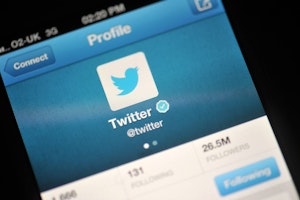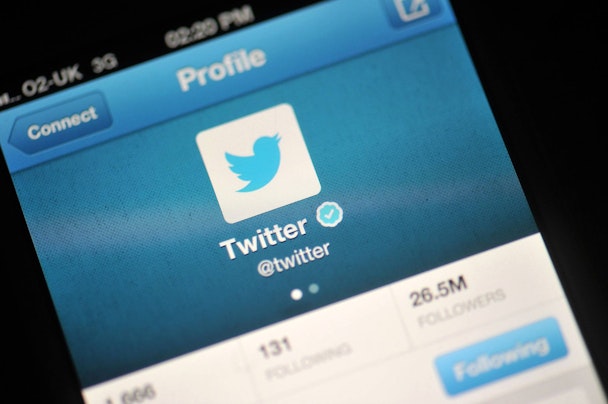Landmark Canadian lawsuit champions freedom of expression on social media
A precedent has been set for freedom of expression on social media after a judge ruled that a Canadian man was not guilty of harassing two women on Twitter and said people must “tolerate the annoyance” of oppositional views on the platform.


The case, believed to be the first time a Canadian court has decided upon issues of harassment on Twitter, saw Toronto man, Gregory Alan Elliott, cleared of two charges of harassment for his Twitter communications with two Toronto women’s rights activists.
In 2012 Elliott was arrested by police on allegations that he harassed Stephanie Guthrie and Heather Reilly over the course of several months on Twitter.
Judge Brent Knazan cleared Elliot however after deciding that, while his Tweets were often “insulting and homophobic”, they were not considered to be overtly sexually or physically threatening.
"You can stand for something, but you can't misunderstand for something." - Gregory Alan Elliott #freedomoftweets #thankyou #3years2months
— gregory alan elliott (@greg_a_elliott) January 22, 2016
“Freedom of expression represents society’s commitment to tolerate the annoyance of being confronted by unacceptable views…One man’s vulgarity is another man’s lyric,” he said, quoting from Robert Sharpe and Kent Roach’s book the Charter of Rights and Freedoms.
Knazan promoted the right to freedom of expression on Twitter and discussed the reasonable expectations of private communication that Twitter users might have.
The two women had accused Elliot of harassment because after blocking him he continued to tweet at them with the same hashtags they used. However the judge ruled that the use of a particular hashtag in a tweet should not be considered communications covered by laws against harassment.
“Once someone creates a hashtag, anyone can use it. Everyone has to be able to use it freely; anything less will limit the operation of Twitter in a way that is not consistent with freedom of expression,” he wrote in his ruling.
The ruling could be significant in helping to decide future cases involving communications on social media but the arrest and lengthy court case illustrates that people are increasingly being held accountable for their communications on social media.

